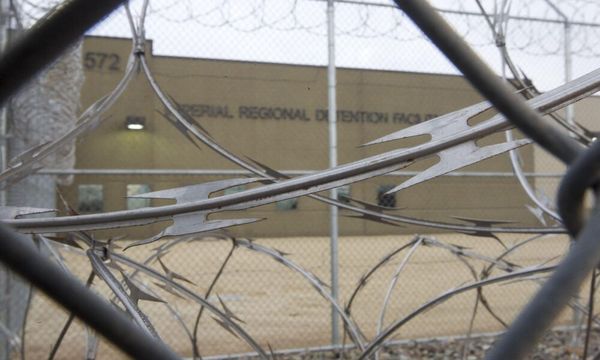
People under the age of 22 should get free bus travel to help them access work and training in otherwise cut-off communities, a committee of MPs has said, urging ministers to show more ambition to reverse a long-term decline in bus travel.
Plans to devolve powers over bus services to local transport authorities are welcome but are not enough on their own to make bus services more reliable in smaller towns and rural areas, according to the report by the cross-party Commons transport committee.
Pointing to a 20% fall in passenger numbers across England since 2009, and an 18% drop in the number of routes outside cities since Covid, the report cited evidence that more than half of small towns were now effectively “transport deserts” for those without a car.
Its recommendations include that the already-existing English national concessionary travel scheme, which gives free bus travel to retired people and people with certain disabilities, should be extended to anyone aged under 22, at any time of the day, starting with a pilot scheme.
“This would support access to work and skills opportunities for younger people and help embed long-term public transport use,” it said.
Last year, the Department for Transport (DfT) promised a “bus revolution” across England, with local transport authorities allowed to run and control bus services, as is already the case in London and Greater Manchester.
The committee acknowledged that this would help provide locally-suitable policies, but warned that it would probably have a limited effect in addressing disparities in bus services, with areas outside cities unlikely to be able to make significant improvements.
“There is no consensus that structural reform alone can achieve aims such as increased connectivity, better integration and more affordable journeys,” the report concluded.
It said ministers should make sure all local transport authorities that run bus services offered minimum service levels by the end of this parliament, helped by guaranteed long-term funding, including multiyear settlements for bus services.
Other recommendations included a possible rural weighting for bus funding, and minimum standards for bus stops, including real-time information about the next services.
Ministers should, in the next 18 months, set out a national policy for buses in England – transport is a devolved policy – with “a clear vision for what a successful bus network looks like and what it should achieve”, the committee said.
A DfT spokesperson said: “After decades of decline, we’re providing a record £1bn in multi-year funding to improve the reliability and frequency of bus services across the country.
“Our landmark bus services bill will protect routes and prevent services from being scrapped, bringing buses back into local control, and will put passengers at the heart of services. We have also stepped in to prevent a fare hike for passengers by extending the £3 fare cap until March 2027.”







